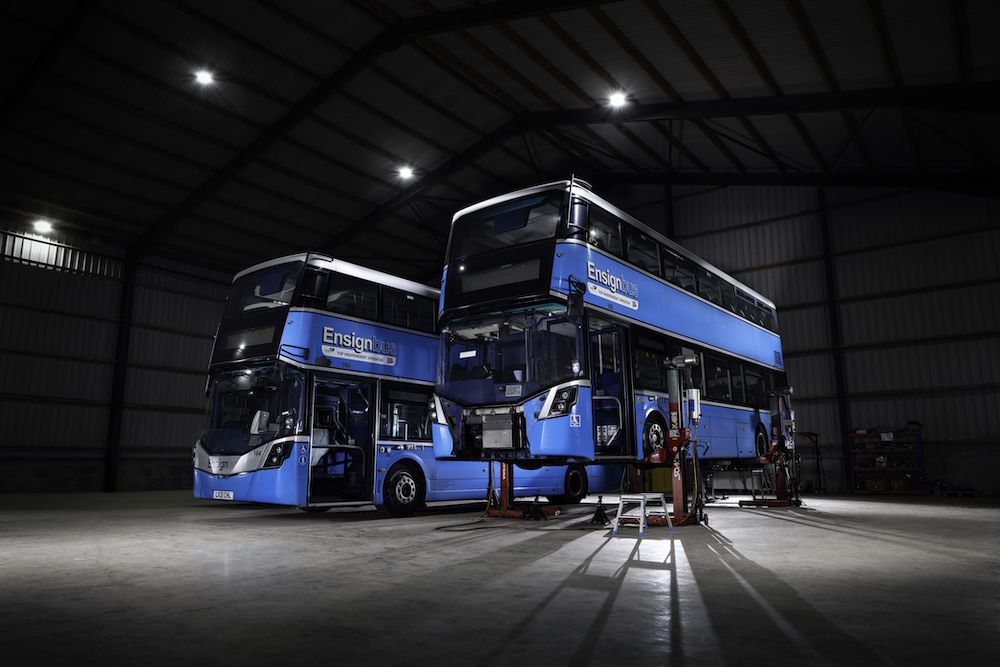The government has said it will be less likely to invest in major road infrastructure projects in future years.
According to its response to the Transport Committee’s report on Strategic Road Investment, it will focus on maintenance of England’s Strategic Road Network.
The Committee’s inquiry examined the reasons behind issues that affected National Highways’ multi-billion pound portfolios of projects to improve and grow the Strategic Road Network – 4,300 miles of motorways and A roads.
As well as investigating ways to improve delivery of National Highways’ five-year Road Investment Strategy (RIS) portfolios, MPs also questioned how the Government’s drive to deliver major road projects could accord with its statutory Net Zero targets.
The cross-party committee’s report argued that money for the next RIS should be prioritised, rather than costly enhancements that have been prone to delay and overspend. Witnesses to the committee showed road users would also prefer the day-to-day upkeep of existing roads to be prioritised.
The DfT agreed in principle with this point and said almost half of funding for RIS2 (for 2020-2025), totalling £27.4bn, was budgeted for maintenance work.
It said: “Maintenance and renewals to keep the network in a safe and serviceable condition and minimise the need for more structural, intrusive repairs, are likely to be a growing and essential element of the roads programme.
“The Government is currently developing its investment priorities for RIS3 (2025-30). More details will be set out in the draft RIS3 later in 2023.”
Transport Committee Chair Iain Stewart MP said: “We applaud the Government’s indication it will put more emphasis on renewal and maintenance of England’s ageing Strategic Road Network.
“This is a wiser course of action than pouring billions into major enhancements that have been beset by delays and soaring costs, and it better reflects motorists’ interests. However, we do not accept the Department’s excuse that risks to these schemes were somehow unforeseeable. The NAO and others have made clear this was not so.
“Attempting to analyse the status of various schemes often felt like navigating a spaghetti junction, with key documents either not available or only from disparate sources. It was also positive to see the Department agree to look at publishing more frequent updates. “
“However, it was disappointing that the Government seems unwilling to explore even the possibility that investing in alternative, less carbon-intensive transport projects could limit the increases in congestion on major roads that it appears to believe are inevitable.
“We also welcome the acknowledgement that regional transport bodies could be engaged with more during the planning and delivery of future schemes. After all, they are best placed to understand the needs of their communities and risks that could crop up.”
Image from Shutterstock














